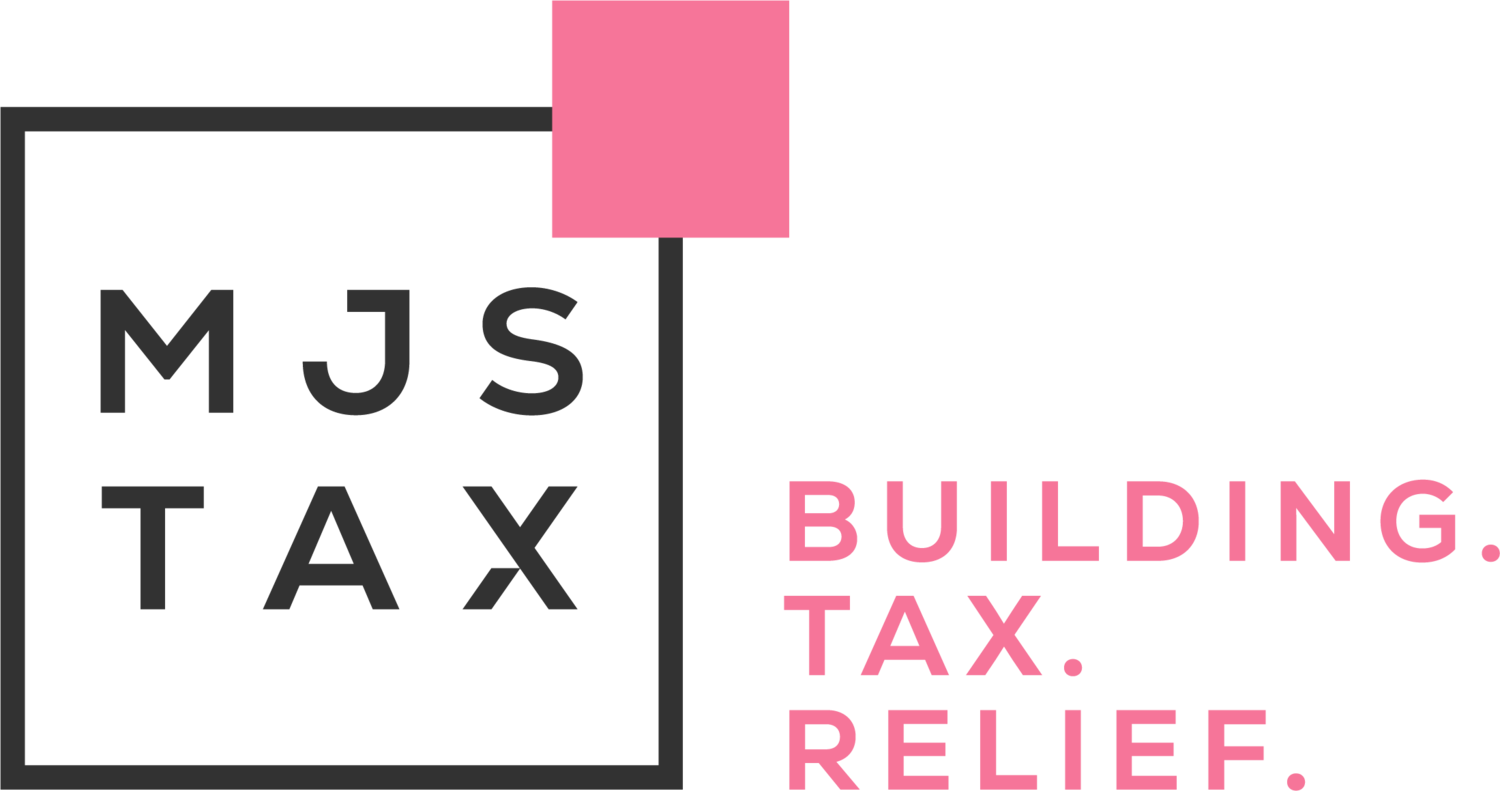Autumn Budget: 2022
As part of the Autumn Budget, Jeremy Hunt, UK Chancellor outlined he’s three priorities for the country which focussed on stability, growth, and public services.
Our handy one-pager summary provides an overview of the budget announcements as follows:
Business
Corporation tax - The planned increase will go ahead, and the rate of corporation tax will rise from April 2023 to 25% from the current 19%.
Global minimum corporate tax rate - The government confirmed its intention to implement the Pillar Two rules issued in draft on 20 July 2022 in order to comply with the global minimum corporate tax rate of 15% proposed by the OECD.
The new rules will apply for accounting periods beginning on or after 31 December 2023. The implementation of the Pillar Two rules is intended to protect the UK tax base against aggressive tax planning and reinforce the competitiveness of the UK. The measure is anticipated to raise £2.3 billion a year by 2027- 2028.Reforms to Research and Development (R&D) tax reliefs - For expenditure on or after 1 April 2023, the Research and Development Expenditure Credit (RDEC) rate will increase from 13% to 20%, the small and medium-sized enterprises (SME) additional deduction will decrease from 130% to 86%, and the SME credit rate will decrease from 14.5% to 10%.
A consultation will be launched on the design of a single R&D scheme. The Government will introduce legislation to reform R&D tax reliefs by expanding qualifying expenditure to include data and cloud costs, refocusing support towards innovation in the UK, and targeting abuse and improving compliance.Consultation on reforming the audio-visual creative reliefs - A consultation will be launched to incentivise the production of culturally British content and support the growth of the audio-visual sector.
Investment zones - The government will refocus the investment zones programme to a limited number of the highest potential knowledge-intensive growth clusters. Work is being undertaken to identify these clusters and will be announced in the coming months.
First Year Allowance (FYA) for Electric Vehicle Charge points - the FYA for electric vehicle charge points will be extended to 31 March 2025 for corporation tax purposes and 5 April 2025 for income tax purposes.
Personal
Income tax thresholds - The personal allowance will remain frozen at £12,570, and the threshold at which individuals become liable for the higher rate of 40% tax will remain at £50,270, in both cases until April 2028.
Additional rate of income tax (ART) - the 45% ART threshold will be lowered from £150,000 to £125,140 from 6 April 2023.
National insurance thresholds - the main thresholds will remain frozen until April 2028.
Capital gains tax - The tax-free Capital Gains Annual Exemption will be reduced from £12,300 to £6,000 from 6 April 2023 and further reduced to £3,000 from 6 April 2024. Despite speculation before the Autumn Statement, the rates of Capital Gains Tax payable on gains above the Annual Exemption amount remain unchanged at 10% to 28% (depending on the individual’s level of income and the type of asset sold). The CGT proceeds reporting limit will be fixed at £50,000.
Stamp taxes & Business rates
Stamp Duty Land Tax (SDLT) - the increases to the SDLT nil-rate threshold (from £125,000 to £250,000) and the increased nil-rate threshold paid by first-time buyers from £300,000 to £425,000, which came into force on 23 September 2022, remain only until March 2025. After this date the allowance will revert to the previous levels.
Business rates - From 1 April 2023, rateable values of non-domestic properties in England will be updated to reflect the property market at 1 April 2021. A set of reliefs including a freezing of business rates multipliers and percentage caps on annual increases in business rates will be introduced to mitigate the effect of the new valuations on ratepayers subject to substantial increases in bills.
Business rates reliefs for the retail, hospitality and leisure sectors introduced during the pandemic will be extended and increased by 25%. Following consultation on prospective reforms to business rates, the Government has decided not to introduce an online sales tax.
